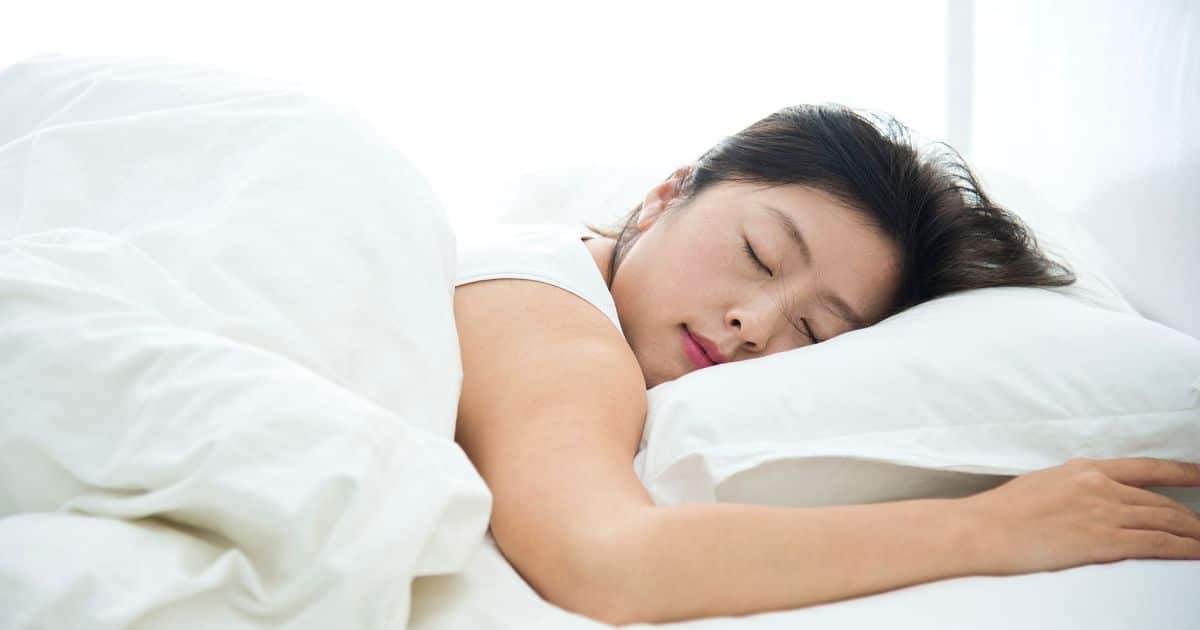Sleep is an important time for your body to restore itself. Damaged cells are repaired, and toxins are cleared away. After missing out on sleep, your eyes are probably red and may feel gritty and sore. It doesn’t feel good, and it doesn’t help you look your best. So how does lack of sleep affect eye health?
- Dry eyes. A lack of sleep can cause your eyes to produce insufficient tears. Not only is this uncomfortable, but tears lubricate and clean your eyes to keep them healthy. Without enough lubrication, eyes are more likely to become infected or scratched. A temporary solution is to use lubricating eye drops. If dry eyes are a persistent problem, your eye doctor can help.
- Eye spasms. Known as myokymia, eyelid spasms are a common reaction to missing sleep. These irritating twitches aren’t painful, but they are distracting. The only way to get them to go away is to catch up on your sleep.
- Red eyes. This isn’t just a cosmetic problem. Without enough restorative sleep, the cornea and conjunctiva become irritated. This makes the whites of your eyes red, and it’s made worse by the insufficient tears. Avoid whitening eye drops, because they can cause a rebound effect, leaving your eyes even redder. A cool compress can help.
- Double vision. There are two muscles that work together: the ciliary muscle, which helps you focus, and the extraocular muscle, which moves the eye. If they get overtired, they can struggle to coordinate, causing double vision. When it comes to how sleep affects eye health, rest is the only solution in this case.
- Ischemic Optic Neuropathy. Most of these problems aren’t too bad, and can be remedied by getting more sleep. But a chronic lack of sleep can reduce blood flow to the optic nerve, which causes permanent damage. The results are pain, poor vision, and even blindness.
If getting enough sleep is a struggle for you, consider how you can change your schedule. Plan some time before bed to wind down, maybe with a warm bath or a good book. Try to avoid caffeine late in the day. Getting more sleep won’t just help you feel better and look better, but it will actually help you see better.
If you want more information about how sleep affects eye health or answers to your other eye health questions, call us or make an appointment to visit our Flint, Fenton, Lapeer, Grand Blanc, or Oxford location.
Comments are closed.



